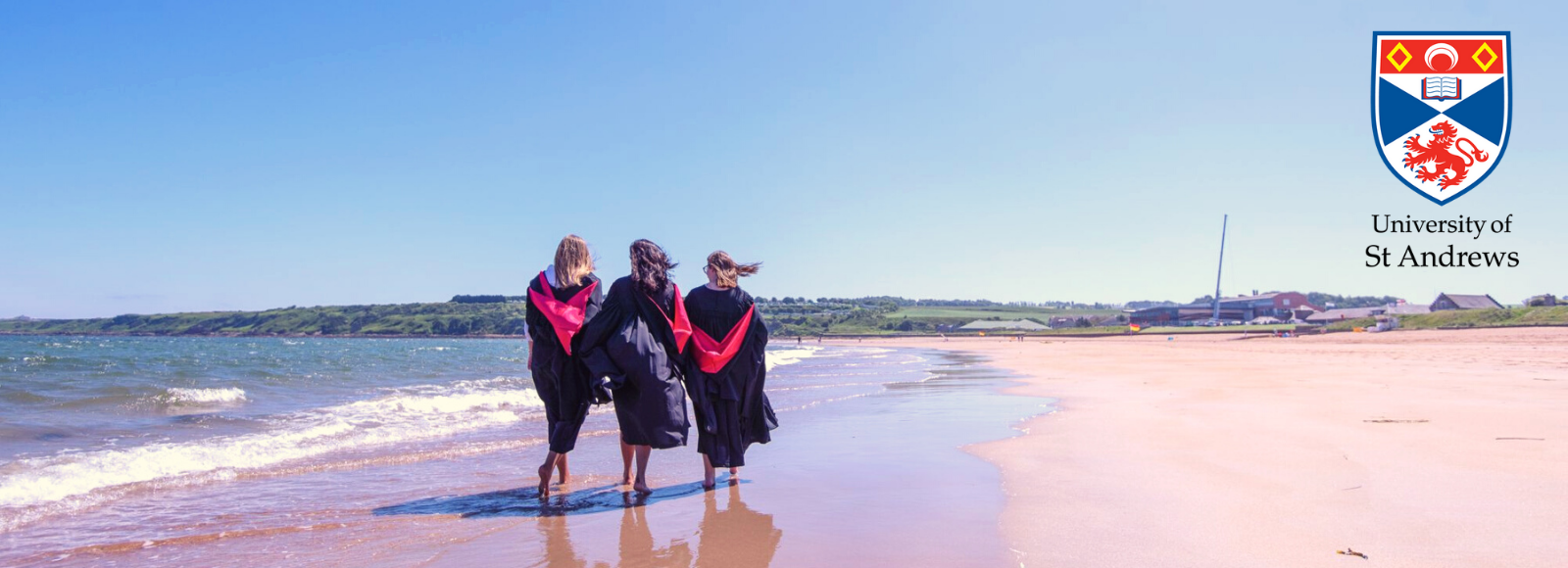- ...
Postgraduate Studentships - Search for funding opportunities.
Postgraduate Studentships - Search for funding opportunities.
The MLitt in Environmental History is a postgraduate programme run jointly by the Institute for Environmental History and the Department of Modern History.
Environmental History examines human interaction with the natural world through time, and students will have the opportunity to engage with this intellectually urgent field.
Highlights
A 2.1 Honours undergraduate degree in History or a related discipline. If you studied your first degree outside the UK, see the international entry requirements.
The qualifications listed are indicative minimum requirements for entry. Some academic Schools will ask applicants to achieve significantly higher marks than the minimum. Obtaining the listed entry requirements will not guarantee you a place, as the University considers all aspects of every application including, where applicable, the writing sample, personal statement, and supporting documents.
Application requirements
For more guidance, see supporting documents and references for postgraduate taught programmes.
For fees and funding options, please visit website to find out more
Past graduates of this programme have undertaken careers in research and in environmental management in the university sector. Others have attained positions within journalism, environmental non-governmental organisations or as sustainable development officers for particular business corporations.
More generally, history postgraduates go on to pursue careers in a range of sectors including journalism, publishing, think tanks, government, law and teaching.
The Careers Centre offers one-to-one advice to all students as well as a programme of events to assist students in building their employability skills.
Compulsory
Students choose one of:
You will also choose one of:
Optional
Depending on credit weighting, students choose one or two optional modules. These can also be from one of the compulsory choices not taken.
Optional modules are subject to change each year and require a minimum number of participants to be offered; some may only allow limited numbers of students (see the University’s position on curriculum development).
Students may also choose a Directed Reading topic which and is designed to encourage the development of skills of historical analysis through concentrated study. Depending upon other module choices this may be taken across one or both semesters. The Directed Reading topics offered will vary slightly each year depending on staff.
Here is an example of an optional module that may be offered:
Dissertation
Student dissertations will be supervised by members of the teaching staff who will advise on the choice of subject and provide guidance throughout the research process. The completed dissertation of not more than 15,000 words must be submitted by a date specified in August.
If students choose not to complete the dissertation requirement for the MLitt, there is an exit award available that allows suitably qualified candidates to receive a Postgraduate Diploma. By choosing an exit award, you will finish your degree at the end of the second semester of study and receive a PGDip instead of an MLitt.

Scotland’s first university, an experience like no other Masters programmes to help you find your future. Are you looking to earn an outstanding pos...
Sign up to Postgraduate Studentships
Sign up to compare masters
Thanks for making your selection. Click below to view your comparisons.